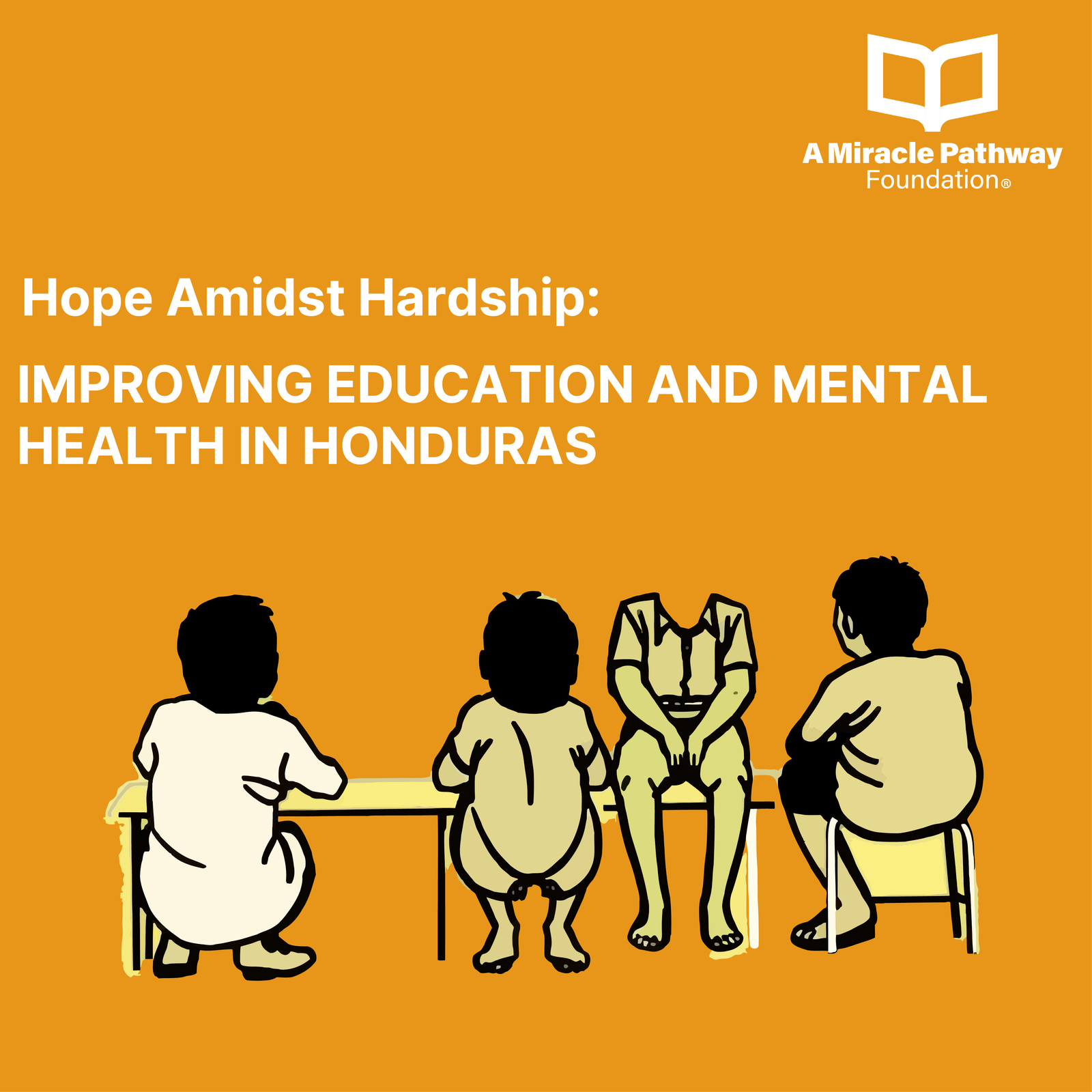Advancing Education and Mental Health Support for Honduras’ Future
Honduras continues to face significant challenges, particularly in the areas of human rights, education, and mental health. The nation is grappling with widespread poverty, violence, and corruption, which have compounded its already strained social systems. Despite these obstacles, recent efforts to address the mental health crisis, particularly among vulnerable populations, offer some hope for the future.
Education: A System in Crisis
Honduras’ education system has long struggled with inadequate funding, insufficient infrastructure, and high dropout rates, particularly in rural areas. According to Human Rights Watch’s 2024 report, educational inequalities are exacerbated by poverty and the persistent issue of child labor, which often forces children out of school and into informal jobs to support their families. Many students, especially in rural and impoverished regions, face limited access to quality education, contributing to a cycle of poverty that is difficult to break.
In addition, violence remains a significant barrier to education in Honduras. Gangs and organized crime often control entire neighborhoods, making it dangerous for children to travel to school. The fear of violence leads to lower attendance rates and disrupts the learning environment. Teachers, too, are affected, with some facing threats and intimidation, further undermining the stability of the education system.
While there have been efforts to reform and improve the system, these challenges continue to hinder the progress needed to ensure that every child in Honduras has access to quality education. The government’s lack of consistent investment in education, coupled with inadequate teacher training and support, has only added to the difficulty of addressing these issues.
The Mental Health Crisis and Efforts for Change
The mental health crisis in Honduras is closely linked to the country’s socio-economic conditions. High levels of violence, unemployment, and poverty have contributed to increasing rates of mental illness, particularly among children and adolescents. Suicide rates have risen, and many young people suffer from untreated mental health conditions due to a lack of resources and social stigma surrounding mental illness.
Compassion International has taken steps to address this issue by launching a suicide intervention training program in Honduras. According to a recent report, this program has made significant progress in reducing suicide rates by equipping local leaders with the tools and knowledge to identify and support individuals at risk. The training has yielded noticeable improvements in communities, as leaders are now better prepared to intervene in critical situations, offering a lifeline to those struggling with mental health issues.
These efforts represent a crucial step toward addressing the mental health crisis in Honduras, but there is still much work to be done. The stigma surrounding mental health remains a significant obstacle, preventing many from seeking help. Furthermore, mental health services are often underfunded and inaccessible, particularly in rural areas where the need is greatest.
Combining Efforts for a Better Future
To move forward, it is essential that Honduras continues to focus on both education and mental health reforms. A comprehensive approach that addresses the root causes of these issues—poverty, violence, and inequality—will be key to breaking the cycle that has kept so many children and families trapped in difficult circumstances. International organizations, like Compassion International, along with local governments and communities, must continue to work together to provide both immediate support and long-term solutions.
Education must be prioritized, not only to provide children with the knowledge they need to succeed but also to create safe environments where they can learn and grow without fear of violence. In parallel, mental health programs must be expanded and normalized, ensuring that those in need have access to the care and support they require.
Conclusion
Honduras’ challenges in education and mental health are deeply intertwined with its broader socio-political landscape. While recent initiatives, such as Compassion International’s suicide intervention training, are promising, sustained effort and investment are needed to create lasting change. By addressing these issues holistically, Honduras can work towards a brighter future for its children and communities.
This article provides a unique perspective by blending educational and mental health challenges with ongoing reform efforts in Honduras. By incorporating keywords such as “Honduras education crisis,” “mental health in Honduras,” “suicide intervention,” and “poverty and violence,” the blog post is optimized for SEO while maintaining originality and professionalism.



